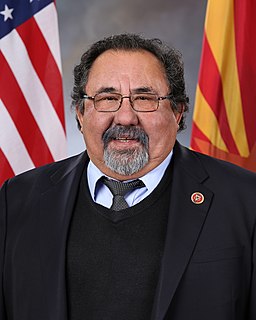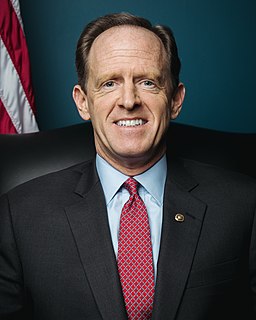A Quote by Kristen Soltis Anderson
Republicans can't always agree on where to cut spending. They certainly can't agree on what to do about entitlements. There isn't a unified foreign policy vision, and there's no consensus on immigration reform.
Related Quotes
The thing that should most concern us is a shift in American foreign policy. We have had a bipartisan belief in American foreign policy based on the post-World War II institutions that believed in democratic global world, which Russia and the Soviet Union was often seen as hostile to. And most Republicans and Democrats have always basically believed in this world order. Donald Trump and Vladimir Putin and maybe Marine Le Pen do not agree with this basic structure of the world.
It is hard to stay patient about policy matters where everybody agrees about what needs to be done and then it just doesn't happen, like reforming the immigration system and getting rid of family immigration jails and closing Guantanamo and criminal-justice reform. All these issues, there is basically consensus. There's no rational objections whatsoever, but it can't happen because of other stupid steps we have to take in politics.
I'm the guy that has written at great length about exactly how we should profoundly reform Social Security. If I were afraid of going after entitlements, I wouldn't have done that, I wouldn't have put Medicaid reform in this budget, I wouldn't have called for the reductions in spending, which people will scream about, but I think are necessary.
I thought that conclusion that we leaped to right after the election, that has been disproven statistically so many times, I don't know why Republicans would advocate that advocating for comprehensive immigration reform is somehow a political solution for the Republicans losing a percentage of Hispanics. I probably have less appetite for this than either the Senate or colleagues in the House, certainly the Democrats and most likely members of the Republican Conference. They are still wrestling with trying to get their education up to a level where they can actually advocate for policy.






































